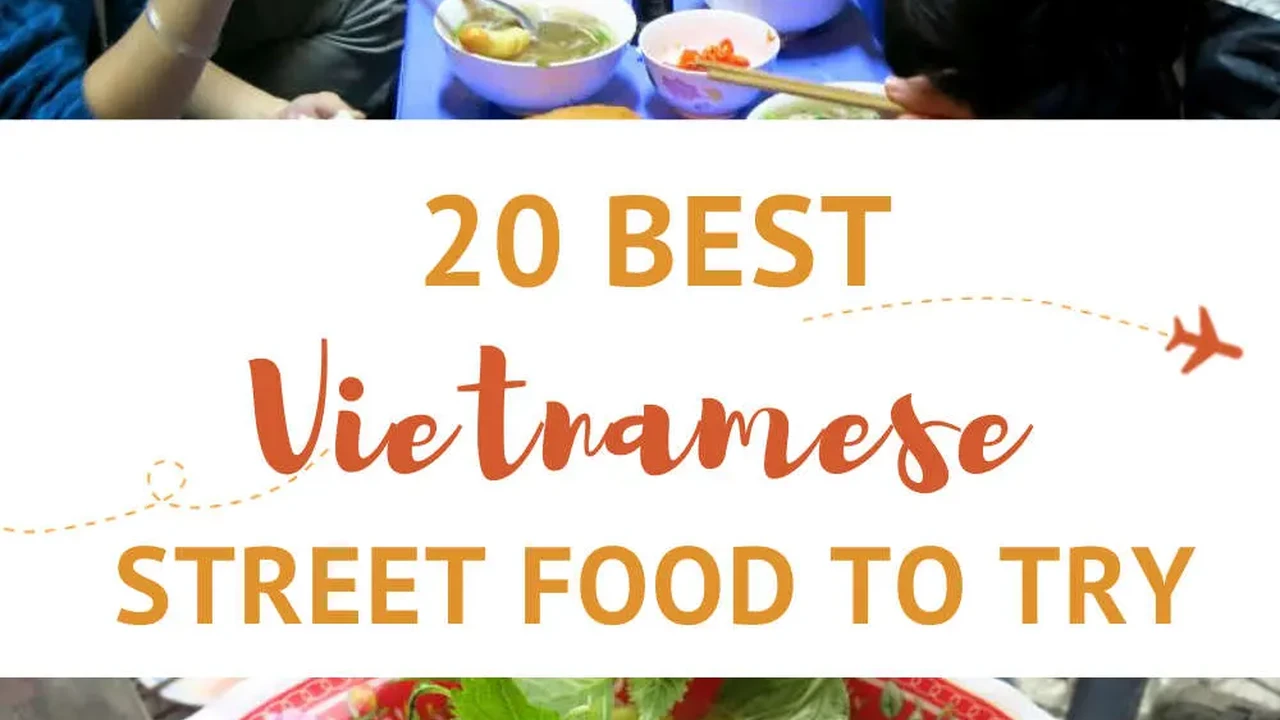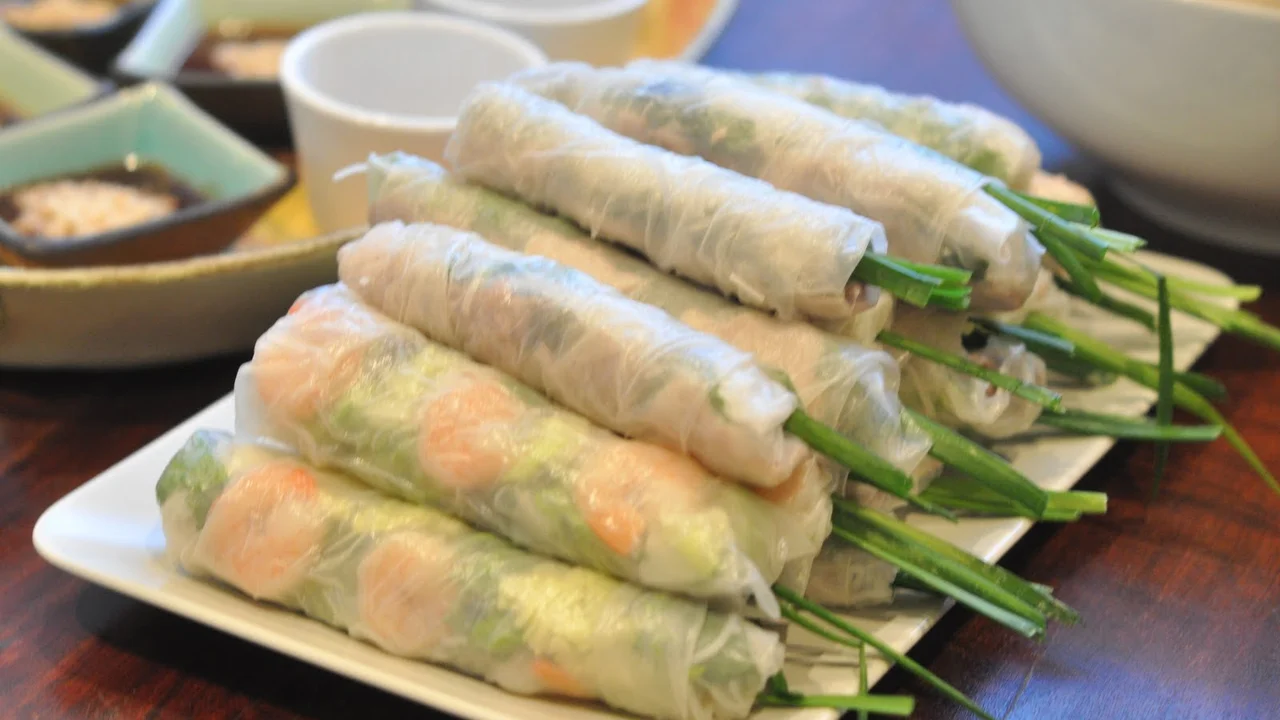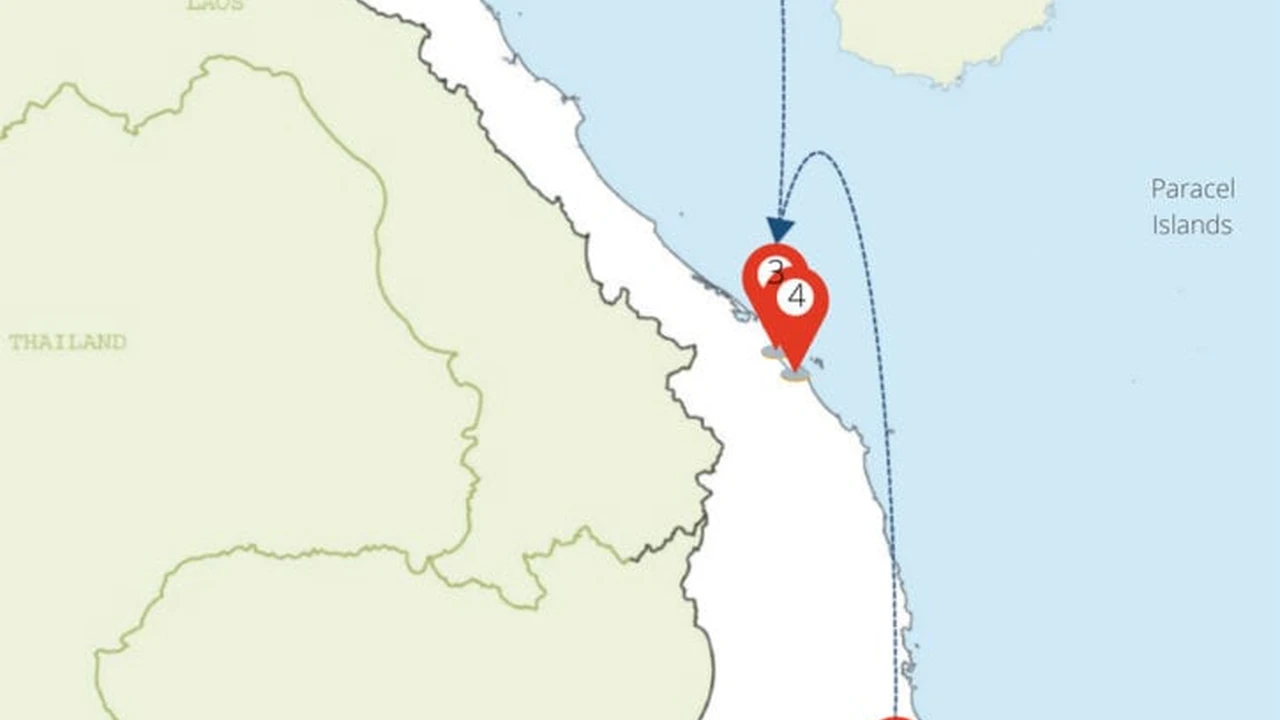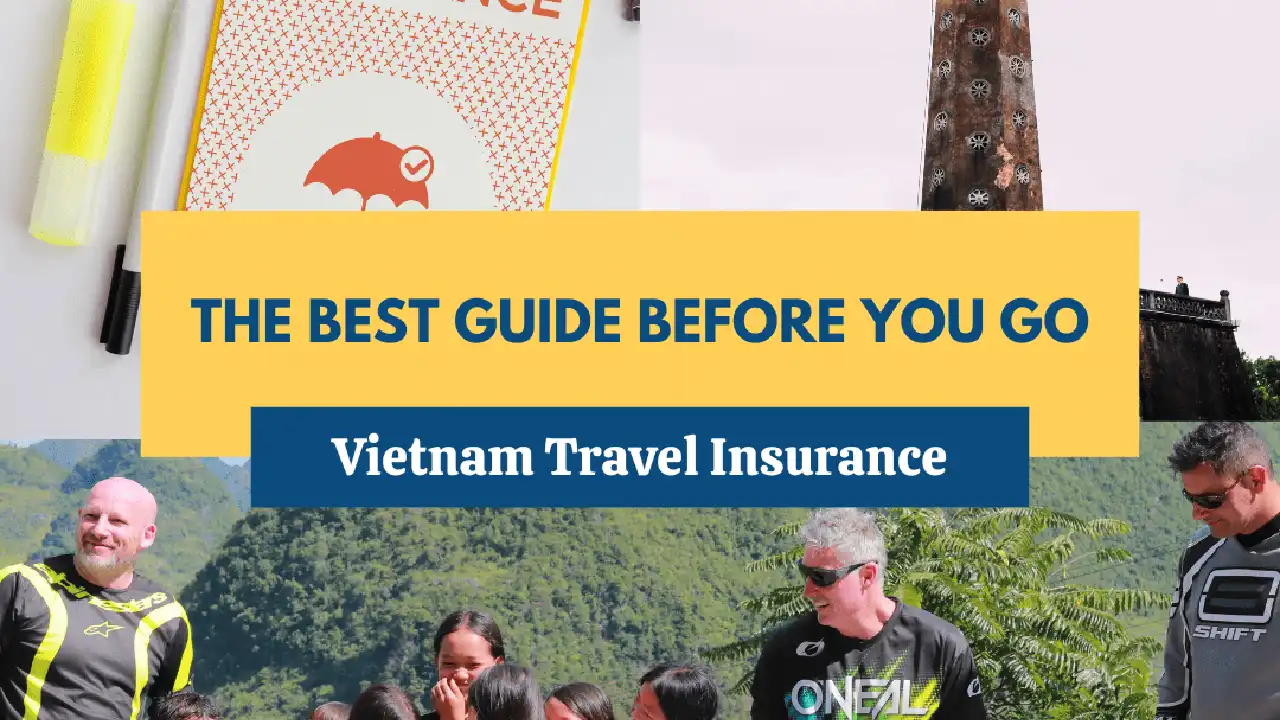7 Common Scams in Vietnam and How to Avoid Them
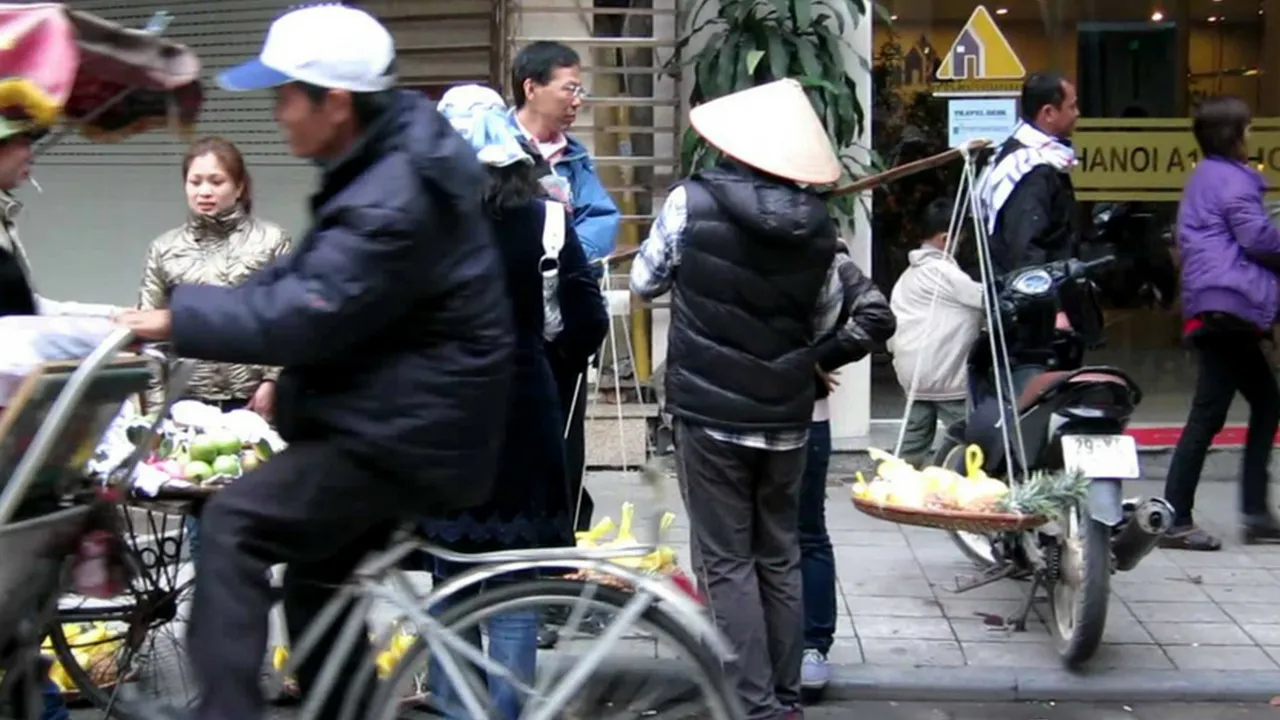
Introduction: Navigating Vietnam's Bustling Streets – A Scam Survival Guide
So, you're heading to Vietnam? Awesome choice! Get ready for incredible food, stunning landscapes, and a culture that'll knock your socks off. But, like any popular tourist destination, Vietnam has its share of scams. Don't let that deter you! With a little awareness and a healthy dose of skepticism, you can easily avoid them and have an amazing trip. This isn't about scaring you; it's about arming you with the knowledge to travel smart and enjoy every moment. We're talking about petty annoyances, not serious crime, so relax and let's dive in!
Scam #1: The Cyclo Overcharge – Don't Pay More Than You Agreed!
Imagine this: you hop on a cyclo (a bicycle rickshaw) for a leisurely ride around Hanoi's Old Quarter. Sounds romantic, right? It can be, but only if you agree on the price before you even sit down. Some cyclo drivers will quote you a reasonable price, then try to jack it up at the end, claiming it was "per person" or "per hour" instead of "for the whole ride."
How to Avoid It:
- Negotiate, Negotiate, Negotiate: Before you even think about getting on, clearly agree on the price for the entire ride, specifying the duration and the number of people. Write it down if necessary!
- Confirm the Currency: Make sure you both understand if the price is in VND (Vietnamese Dong) or USD. Some drivers will try to trick you by implying it's VND when it's actually USD, which is a huge difference.
- Stick to Your Guns: If the driver tries to change the price at the end, firmly remind them of your agreement. Don't be afraid to walk away.
Scam #2: The Shoe Shine Hustle – Know Your Worth (and Your Shoes')
A friendly local approaches you, offering to clean your shoes for a ridiculously low price. Sounds too good to be true? It probably is. After a quick "shine," they'll suddenly demand a much higher price, claiming they used special polish or did extra work you didn't ask for.
How to Avoid It:
- Just Say No: Politely decline the offer. If you really need a shoe shine, find a reputable shop or vendor with clearly displayed prices.
- Be Wary of "Free" Offers: Nothing is truly free. Expect a hard sell and an inflated price if someone offers you a "free" shoe shine.
- Know the Going Rate: Ask your hotel or a local about the average price for a shoe shine in the area. This will give you a benchmark to compare against.
Scam #3: The Motorbike Repair Rip-Off – Inspect Before You Ride!
Renting a motorbike is a fantastic way to explore Vietnam, giving you the freedom to go wherever you want. But be careful when renting! Some rental shops will try to scam you by claiming you damaged the bike when you didn't.
How to Avoid It:
- Thorough Inspection: Before you drive off, meticulously inspect the motorbike for any existing scratches, dents, or other damage. Take photos and videos as proof. Point out any issues to the rental shop owner and have them document it.
- Read the Fine Print: Carefully read the rental agreement and understand the terms and conditions, especially regarding insurance and liability for damages.
- Choose a Reputable Rental Shop: Look for well-established rental shops with good reviews. Ask your hotel or hostel for recommendations.
Scam #4: The Fake Taxi – Stick to Reputable Companies
Unlicensed or "fake" taxis are a common problem in many cities. They often overcharge tourists, take longer routes, or even try to steal your luggage.
How to Avoid It:
- Stick to Reputable Companies: Use well-known and trusted taxi companies like Mai Linh (green taxis) and Vinasun (white taxis).
- Use Ride-Hailing Apps: Grab (Southeast Asia's equivalent of Uber) is widely available in Vietnam and is a convenient and reliable way to get around.
- Metered Fares: Make sure the driver turns on the meter when you get in. If they refuse, get out and find another taxi.
- Know Your Route: Use a map app like Google Maps to track your route and make sure the driver isn't taking unnecessary detours.
Scam #5: The Pickpocket Prowl – Keep Your Wits About You
Pickpockets are a risk in crowded tourist areas around the world, and Vietnam is no exception. They often target unsuspecting tourists who are distracted or not paying attention to their surroundings.
How to Avoid It:
- Be Aware of Your Surroundings: Pay attention to your surroundings and be aware of who is around you.
- Keep Valuables Secure: Keep your wallet, phone, and other valuables in a secure place, such as a front pocket or a money belt.
- Don't Flash Cash: Avoid displaying large amounts of cash in public.
- Be Wary of Distractions: Pickpockets often work in teams, with one person creating a distraction while another steals your belongings.
Scam #6: The "Broken" Money Exchange – Count Your Cash!
When exchanging money, be extra careful, especially at smaller, less reputable exchange booths. Some unscrupulous exchangers will try to shortchange you by using sleight of hand or by claiming they don't have enough small bills to give you the correct change.
How to Avoid It:
- Use Reputable Banks or Exchange Booths: Stick to well-known banks or reputable exchange booths with clear exchange rates.
- Count Your Money Carefully: Always count your money carefully before leaving the exchange booth.
- Be Aware of Fake Bills: Be aware of the different denominations of Vietnamese Dong and check for any signs of fake bills.
Scam #7: The Fake Goods Racket – Know Your Brands
Vietnam is known for its markets selling everything from clothing to souvenirs. However, many of these items are counterfeit or of low quality. Don't expect to find authentic designer goods at bargain prices.
How to Avoid It:
- Know Your Brands: Be aware of the brands you're buying and be able to recognize fake goods.
- Check the Quality: Inspect the quality of the item carefully before you buy it. Look for defects, poor stitching, or other signs of low quality.
- Bargain Hard: Haggling is expected in Vietnamese markets, but don't expect to get genuine designer goods for a ridiculously low price. If it sounds too good to be true, it probably is.
Essential Travel Gear to Outsmart Scammers: What to Pack
Beyond awareness, having the right gear can make a huge difference in protecting yourself and your belongings. Here are a few product recommendations:
Pacsafe Venturesafe X12 Anti-Theft Backpack
Description: This backpack is designed with anti-theft features like cut-resistant materials, locking zippers, and RFID blocking pockets to protect your valuables. Usage Scenario: Ideal for exploring crowded markets, using public transportation, or any situation where you need to keep your belongings secure. Comparison: Compared to a regular backpack, the Pacsafe Venturesafe X12 offers enhanced security features that deter pickpockets and thieves. While it's more expensive than a standard backpack (around $120-$150), the peace of mind it provides is worth the investment. Cheaper anti-theft backpacks may lack the same level of durability and security features. Price: $120 - $150
Travelon Anti-Theft Crossbody Bag
Description: A lightweight and versatile crossbody bag with anti-theft features like slash-resistant straps and locking compartments. Usage Scenario: Perfect for carrying essential items like your phone, wallet, and passport while keeping your hands free. Comparison: Compared to a regular purse, the Travelon Anti-Theft Crossbody Bag offers added security without sacrificing style. It's a great alternative to a bulky backpack for shorter excursions. You can find similar anti-theft bags from other brands, but Travelon is known for its quality and durability. Price ranges from $50-$80. Price: $50 - $80
RFID Blocking Wallet or Sleeves
Description: These wallets and sleeves protect your credit cards and passport from electronic pickpocketing, preventing thieves from stealing your personal information. Usage Scenario: Essential for protecting your sensitive data while traveling, especially in crowded areas where RFID scanners are common. Comparison: You can find RFID blocking wallets and sleeves in various styles and price ranges. A simple set of RFID blocking sleeves for your credit cards is a budget-friendly option (around $10-$15), while a full RFID blocking wallet offers more comprehensive protection (around $20-$50). Price: $10 - $50
Portable Door Alarm
Description: A small and lightweight alarm that can be easily attached to any door, providing an extra layer of security in hotels or guesthouses. Usage Scenario: Ideal for solo travelers or anyone who wants to feel more secure in their accommodation. Comparison: Compared to relying solely on the hotel's security measures, a portable door alarm provides an additional layer of protection. It's a relatively inexpensive way to deter potential intruders. Prices range from $10-$20. Price: $10 - $20
Money Belt
Description: A discreet belt worn under your clothes to keep your cash and valuables hidden from view. Usage Scenario: Perfect for keeping large amounts of cash or important documents safe while traveling. Comparison: Compared to keeping your money in your wallet or purse, a money belt offers a much higher level of security. It's a simple and effective way to protect your valuables from pickpockets. Prices range from $15-$30. Price: $15 - $30
Final Thoughts: Travel Smart, Travel Safe, and Enjoy Vietnam!
Don't let the fear of scams ruin your trip to Vietnam. By being aware of the common scams and taking a few simple precautions, you can easily avoid them and have an incredible experience. Remember to stay alert, trust your instincts, and don't be afraid to say no. Now go out there and explore all that Vietnam has to offer!
:max_bytes(150000):strip_icc()/277019-baked-pork-chops-with-cream-of-mushroom-soup-DDMFS-beauty-4x3-BG-7505-5762b731cf30447d9cbbbbbf387beafa.jpg)



